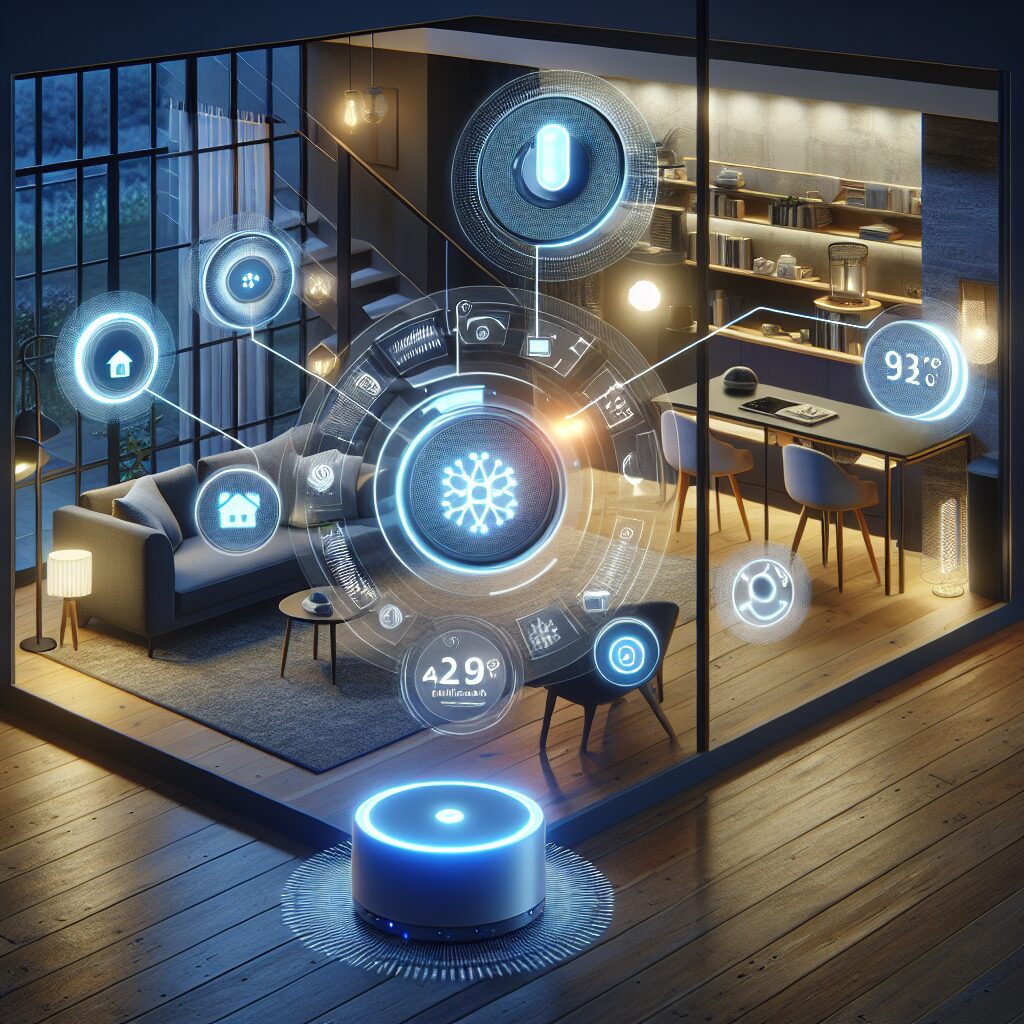Exploring Emerging Trends in Home Health Care Services
. In this piece, we delve into the groundbreaking trends transforming home healthcare services.
Remote patient monitoring, a novel approach, enables constant tracking of a patient’s vital signs, empowering healthcare providers to proactively manage their patients’ health.
The Internet of Things (IoT) is redefining interaction between devices in healthcare, boosting efficiency and improving care delivery.
Telemedicine services offer virtual medical consultations, bridging geographical barriers and making quality healthcare accessible to everyone.
Wearable technology, integrated with mobile apps for health, provides real-time patient data monitoring, fostering preventive care and prompt interventions.
In-home diagnostics allow patients to conduct tests at home, minimizing hospital visits and expediting diagnoses.
Smart homes for seniors are designed with voice assistants, fall detection systems, and emergency response features, promoting independence and safety.
Digital health platforms centralize patient data, facilitating smooth communication between patients, caregivers, and healthcare providers.
Home nursing services cater to patients recovering from surgeries or managing chronic conditions, providing specialized care at home.
Artificial intelligence in-home care streamlines operations enhances efficiency and ensures personalized care for each patient.
By adopting these trends, the future of home healthcare services promises a more accessible, efficient, and personalized healthcare experience for all. Join us as we explore the future of healthcare with Remote patient monitoring, IoT in healthcare, Telemedicine services, Wearable technology, Mobile apps for health, In-home diagnostics, Smart homes for seniors, Digital health platforms, Home nursing services, Virtual medical consultations, Artificial intelligence in-home care, and more!.
Enhancing Aging in Place
Many seniors choose to live independently in their own homes instead of moving to assisted facilities in the contemporary period. This preference, known as aging in place, offers numerous advantages for the elderly well-being, including maintaining cherished surroundings and fostering self-reliance.
Connected health devices have a profound impact on this lifestyle, particularly with telehealth integration.
Telemedicine allows seniors virtual access to healthcare without venturing out, ensuring convenient medical care at home.
Remote monitoring services keep tabs on vital signs and medication adherence, providing peace of mind for both seniors and their caregivers.
Assistive technology is an essential part of aging in place.
Smart home devices aid seniors in managing daily life with minimal effort, while AI-assisted care solutions offer tailored assistance for medication management and personal care plans.
For instance, voice assistants like Amazon Alexa or Google Home can remind seniors about their medications at scheduled times.
When selecting elderly wellness solutions, consider factors such as user-friendliness, compatibility with existing devices, and specific healthcare needs. Many companies provide resources and guides for maximizing the effectiveness of these technologies.
Gerontechnology is at the forefront of enhancing aging in place.
In-home rehabilitation, home hospice care, and technology-enabled home care are all crucial elements that ensure seniors receive essential care while preserving their independence. For more information on these services or to discover resources for integrating technology into senior living solutions.

Innovative In-home Rehabilitation Technologies
Predictive care models are revolutionizing healthcare delivery by empowering patients with smart medical alert systems in the comfort of their homes. These technologies, driven by Healthtech advancements, allow for continuous remote patient monitoring (RPM) and telehealth integration, bridging the gap between professional care and personal autonomy.
Continuous Remote Patient Monitoring (RPM): With in-home rehabilitation technologies, patients experience increased independence as they monitor vital signs at home, improving their quality of life while reducing hospital visits.
Caregivers benefit from real-time data and early detection of issues, ensuring timely intervention.
Telehealth Integration: The convergence of video consultations, digital examinations, and remote assessments transforms care delivery by bringing healthcare providers directly into patients’ homes.
This new approach offers personalized, efficient, and convenient care for both parties.
AI-Assisted Care: Machine learning in rehabilitation shapes the future of home healthcare with tailored treatment plans based on patient data analysis.
AI-powered diagnostics predict complications and optimize recovery times, driving progress in this rapidly evolving field.
Best Practices: To ensure successful implementation of these technologies, focus on user-friendly interfaces, prioritize data privacy, and establish secure connections. Ongoing training and support for patients and caregivers are essential to realizing the transformative potential of in-home rehabilitation solutions.
In addition to Predictive care models, In-home mental health services, Home infusion therapy, Telegeriatrics, Home respiratory therapy, Remote healthcare accessibility, and Virtual care solutions, other advancements include smart medical alert systems and AI-powered diagnostics.
Explore these innovations to gain a deeper understanding of their role in improving patient outcomes and quality of life.Key technologies such as Remote physical therapy, Home physical therapy, and Remote healthcare accessibility are shaping the future of healthcare delivery, with the potential to positively impact millions worldwide. Embrace these advancements for a brighter, healthier tomorrow.
- Predictive care models have been shown to reduce hospital visits, thereby improving patients’ quality of life.
- Real-time data from continuous remote patient monitoring (RPM) allows for early detection of issues and timely intervention.
- Telehealth integration brings healthcare providers directly into patients’ homes, offering personalized, efficient, and convenient care.
- AI-Assisted Care, through machine learning and data analysis, predicts complications and optimizes recovery times in home healthcare.
How is Technology Impacting Emerging Trends in Home Health Care Services?
The rapid advancements in transforming home health care technology have led to emerging trends in home health care services. With the integration of smart devices and telemedicine, patients can now receive high-quality care from the comfort of their own homes. This has transformed the way home health care services are delivered and accessed.
Connected Health Devices Transforming Palliative Care at Home
Palliative care at home has undergone an extraordinary transformation, fueled by the rising adoption of onsite diagnostic devices that are popular among households. These innovations have redefined patient engagement and care delivery within the comfort of homes, thanks to in-home vital sign monitoring solutions.
Smart pharmacy systems, designed with precision and accuracy, guarantee medication administration adherence, offering peace of mind to both patients and their families.
The digital health market’s evolution has made home dialysis a practical reality for many, enabling greater autonomy over treatment plans.
Telehealth investments have exploded, expanding access to quality healthcare within homes.
The rise in senior home automation has eased daily life for those needing assistance, with devices custom-built for eldercare coming into play.
All these advancements aim to enhance the outcomes for palliative care patients at home.
Consider the instance of a patient undergoing home dialysis whose treatment was significantly improved due to connected health devices.
Despite initial hurdles like technology malfunctions and privacy concerns, the benefits of this approach were undeniable – reduced hospital readmissions and improved quality of life.
As we forge ahead with employing connected health devices in palliative care, it is crucial to tackle ethical issues, such as preserving patient privacy and addressing the digital divide, to guarantee equal access to technology for all.
The future of home-based palliative care shines bright with continued innovations in connected health devices, including wearable technologies, AI-assisted care, and telehealth integration. To create a truly transformative healthcare experience, we must consistently prioritize our patients’ needs and comfort.



